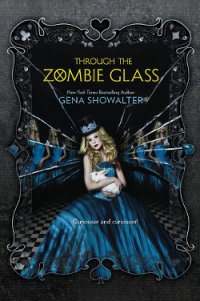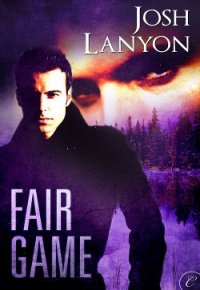The Picture of Dorian Gray - Wilde Oscar (читаемые книги читать онлайн бесплатно TXT) 📗
But this murder—was it to dog him all his life? Was he always to be burdened by his past? Was he really to confess? Never. There was only one bit of evidence left against him. The picture itself—that was evidence. He would destroy it. Why had he kept it so long? Once it had given him pleasure to watch it changing and growing old. Of late he had felt no such pleasure. It had kept him awake at night. When he had been away, he had been filled with terror lest other eyes should look upon it. It had brought melancholy across his passions. Its mere memory had marred many moments of joy. It had been like conscience to him. Yes, it had been conscience. He would destroy it.
He looked round and saw the knife that had stabbed Basil Hallward. He had cleaned it many times, till there was no stain left upon it. It was bright, and glistened. As it had killed the painter, so it would kill the painter’s work, and all that that meant. It would kill the past, and when that was dead, he would be free. It would kill this monstrous soul-life, and without its hideous warnings, he would be at peace. He seized the thing, and stabbed the picture with it.
There was a cry heard, and a crash. The cry was so horrible in its agony that the frightened servants woke and crept out of their rooms. Two gentlemen, who were passing in the square below, stopped and looked up at the great house. They walked on till they met a policeman and brought him back. The man rang the bell several times, but there was no answer. Except for a light in one of the top windows, the house was all dark. After a time, he went away and stood in an adjoining portico and watched.
“Whose house is that, Constable?” asked the elder of the two gentlemen.
“Mr. Dorian Gray’s, sir,” answered the policeman.
They looked at each other, as they walked away, and sneered. One of them was Sir Henry Ashton’s uncle.
Inside, in the servants’ part of the house, the half-clad domestics were talking in low whispers to each other. Old Mrs. Leaf was crying and wringing her hands. Francis was as pale as death.
After about a quarter of an hour, he got the coachman and one of the footmen and crept upstairs. They knocked, but there was no reply. They called out. Everything was still. Finally, after vainly trying to force the door, they got on the roof and dropped down on to the balcony. The windows yielded easily—their bolts were old.
When they entered, they found hanging upon the wall a splendid portrait of their master as they had last seen him, in all the wonder of his exquisite youth and beauty. Lying on the floor was a dead man, in evening dress, with a knife in his heart. He was withered, wrinkled, and loathsome of visage. It was not till they had examined the rings that they recognised who it was.
The End




